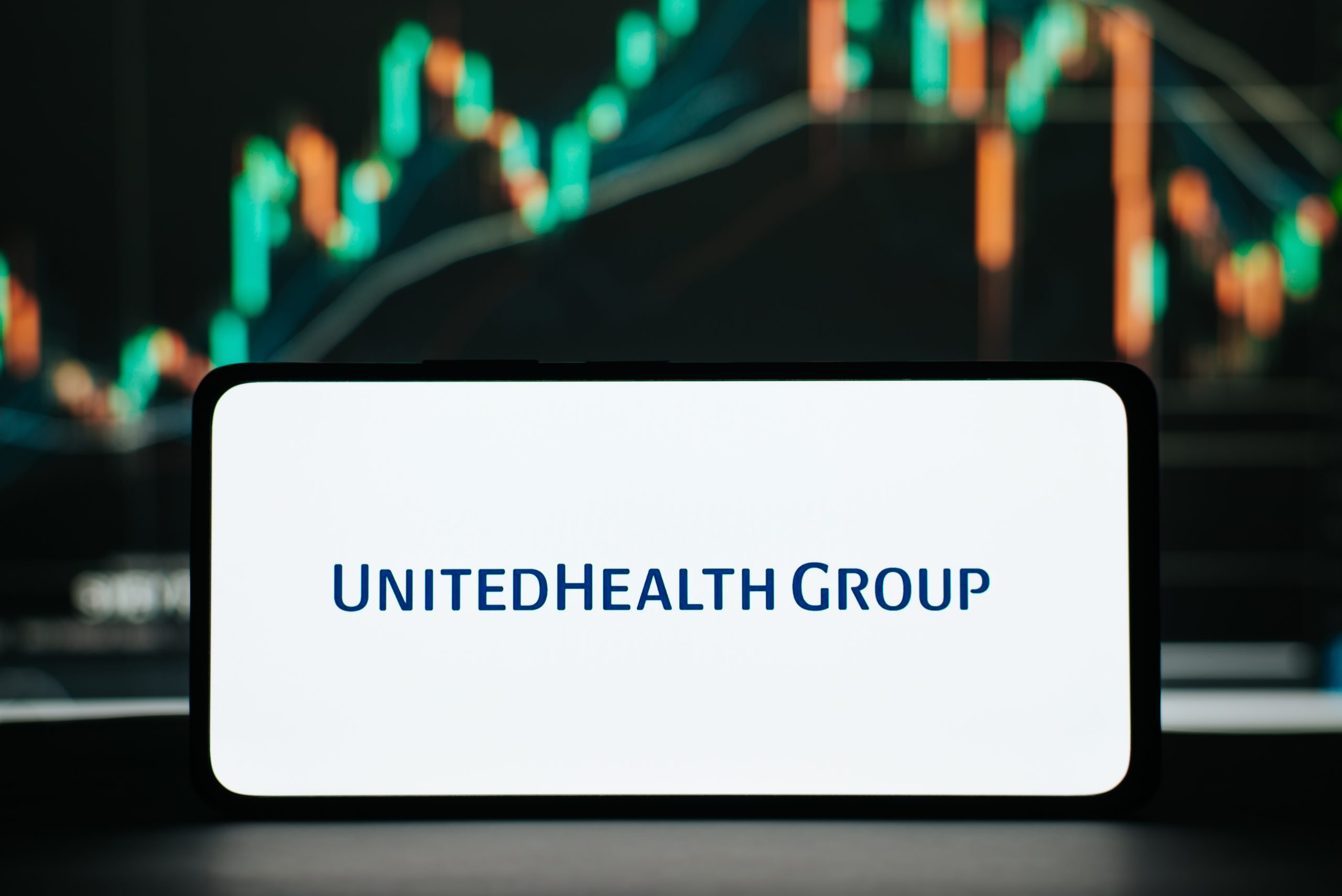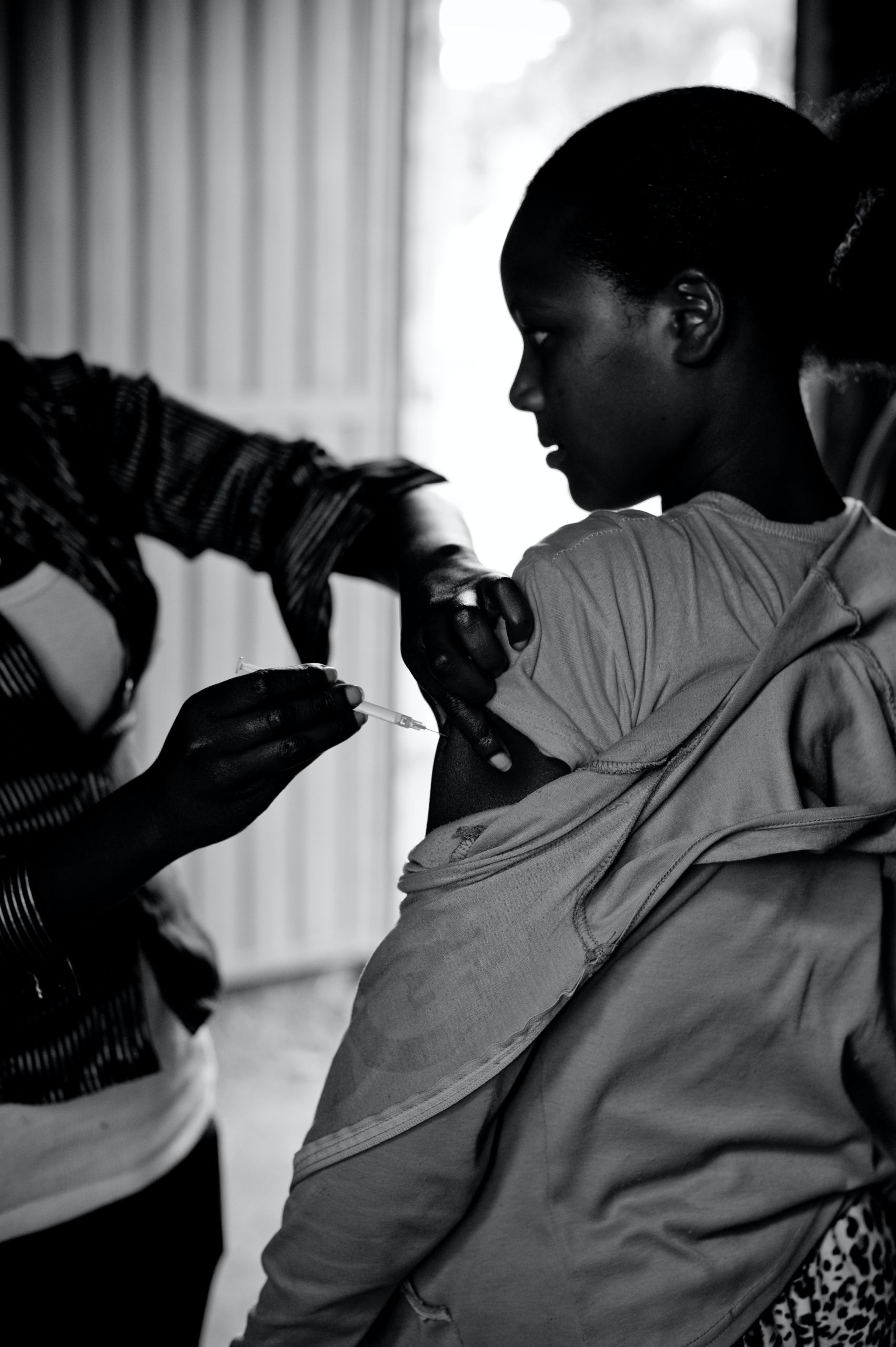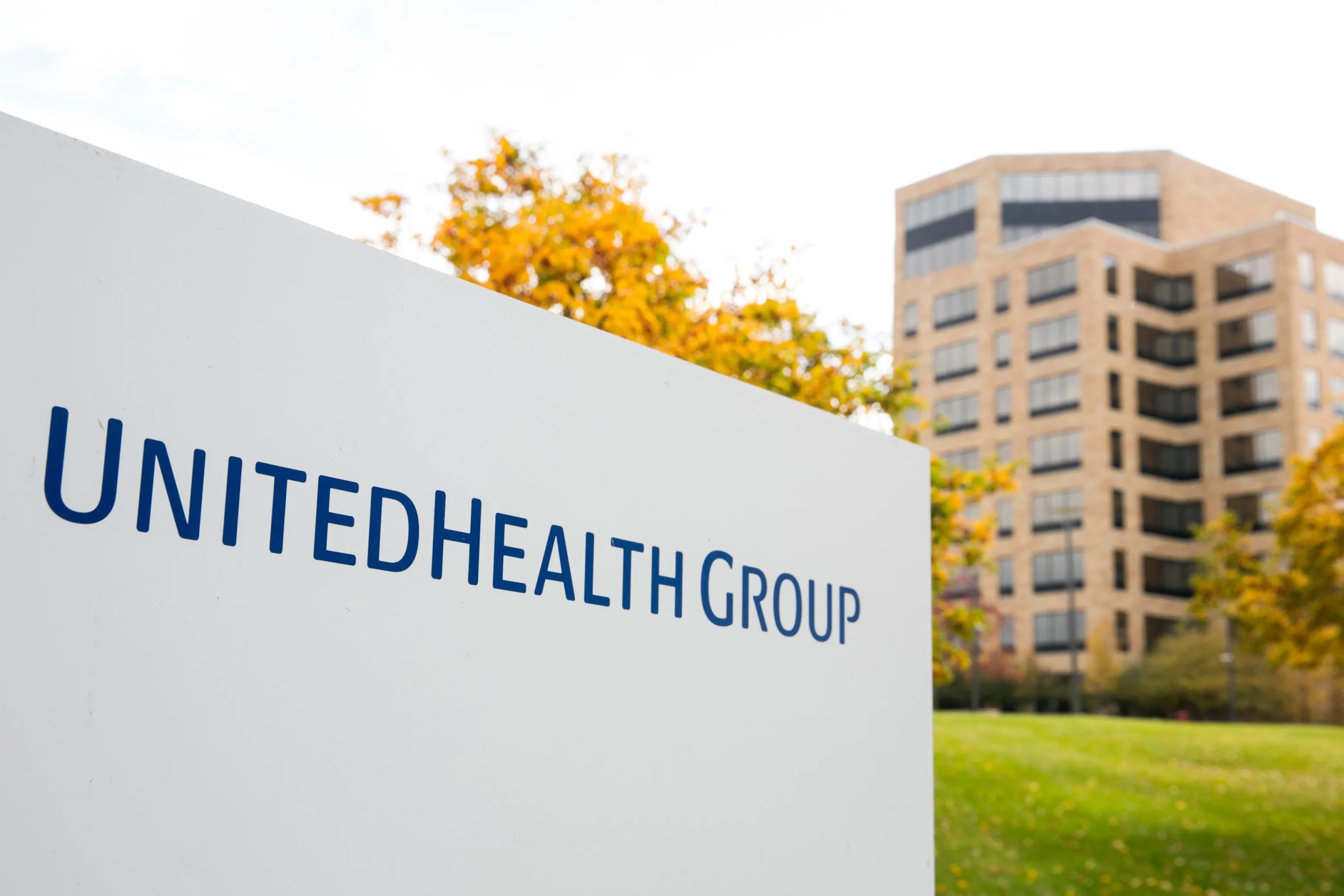Brands questioned by investors on their role in contributing to racial disparities in food system
Letters to 21 companies seek to learn whether they are addressing how the development and marketing of food may exacerbate adverse health outcomes during the pandemic, and further contribute to systemic racism.
NEW YORK, NY, TUESDAY, DECEMBER 15TH, 2020 – Members of the Interfaith Center on Corporate Responsibility and shareholders in food, beverage and retail companies announced the launch of an initiative meant to force a reckoning with how corporate policies and practices may reinforce systemic racism through the development and marketing of food and beverage products.
In a letter sent to 21 companies including Coca-Cola ($KO), Kraft ($KHC), Unilever ($UL), McDonald’s ($MCD), and Amazon ($AMZN) among other iconic brands, the investors pointed to the COVID-19 crisis and how it has exposed inequitable systems that contribute to the economic and health struggles of Black, Latinx and Indigenous communities in the U.S,
The investors argue that the way food is developed and marketed to communities of color is another example of how racial inequities can be reinforced, deleteriously impacting the health and well-being of already-vulnerable populations.
The letters were endorsed by 38 investors collectively representing over US$2t in assets under management.
“For many years, we have been encouraging these companies to improve the nutritional profiles of their product portfolios, increase access to healthy, affordable choices, and to market food products responsibly with heightened attention to how they are messaging to communities of color,” said Lauren Compere of Boston Common Asset Management. “Unfortunately, the economic and health distress caused by the pandemic only makes corporate responsibility around themes of nutrition and race more real and urgent.”
Data from the CDC indicates that Black and Latinx residents in the U.S. are three times as likely to become infected and twice as likely to die from COVID-19 as their white neighbors. Preliminary research has also indicated that obesity and other chronic health conditions such as diabetes and heart disease, which disproportionately impact communities of color, can contribute to severe COVID-19 symptoms.
While increased rates of infection among these groups is driven by several factors, including more employment in front-line jobs, the inability to work from home and reduced access to paid sick leave, a greater reliance on public transportation, and living in cramped apartments or multigenerational homes, nutrition also plays a pivotal role, say the investors.
“Taken together, these factors conspire to make these populations more susceptible to serious health risks,” said Cathy Rowan of Trinity Health. “As investors, we believe that in prioritizing the affordability and accessibility of nutritious foods, and advocating for public policies that promote public health, companies can help redress these inequities and significantly reduce suffering in these communities.”
According to the letter, the investors are: Calling on companies to examine how their business models, operations and value chains may directly or indirectly contribute to these inequities, and how they are working to create a more equitable and resilient system that benefits workers, the company, shareholders, and communities at large.
Specifically, the investors are posing questions regarding product development, advertising and public engagement practices, including:
- How far upstream does the company integrate cultural and racial equity (i.e., social and economic factors; income, food prices, individual preferences and beliefs, cultural traditions, and geographical and environmental considerations) into product development?
- What is the proportion of advertising spent on unhealthy vs. healthy products by racial group per platform (e.g. traditional vs. digital channels) and age group, defining ‘healthy’ through the use of an independent nutrition profiling model?
- How does the company assess whether its public policy engagement practices exacerbate adverse health impacts on Black, Latinx and Indigenous communities in the U.S. and in low- and middle-income markets outside the U.S.?
“Companies working to ‘build back better’ from this pandemic and seriously respond to society’s call for racial justice have a unique opportunity for some much-needed introspection on these issues,” said Caroline Boden of Mercy Investment Services. “In addition to issuing public statements of solidarity, food, beverage and retail brands can take concrete steps to address issues of food equity and help to build the health and resiliency of communities of color, as well as their own workforces.”
This statement provides and update of how each of the 21 companies have responded to our campaign.
About the Interfaith Center on Corporate Responsibility (ICCR)
Celebrating its 49th year, ICCR is the pioneer coalition of shareholder advocates who view the management of their investments as a catalyst for social change. Its 300-member organizations comprise faith communities, socially responsible asset managers, unions, pensions, NGOs and other socially responsible investors with combined assets of over US$2 trillion. ICCR members engage hundreds of corporations annually in an effort to foster greater corporate accountability. Visit our website www.iccr.org and follow us on Twitter, LinkedIn and Facebook.
###










